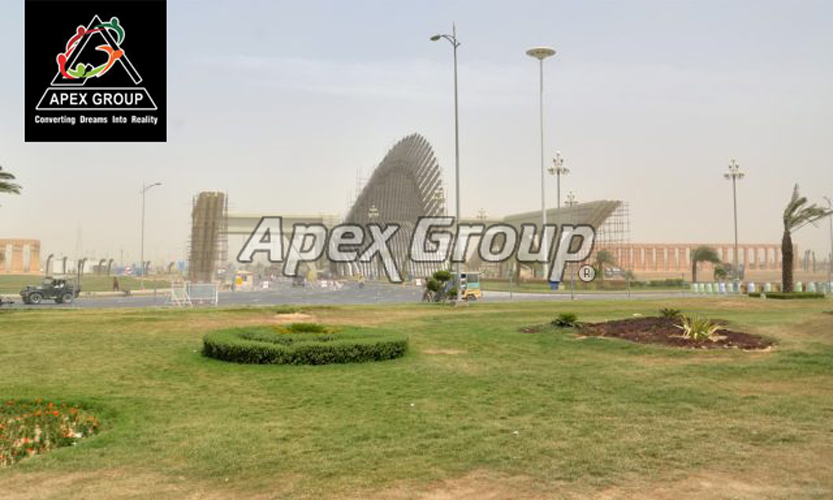


28 February, 2019
Bahria Town Karachi Latest Hearing in Supreme Court 28 FEB 2019


Property News
On January 16, the Supreme Court of Pakistan had rejected the hefty offer of Bahria Town to deposit Rs.350 billion as a fine to avoid any legal proceedings for NAB references on its projects in Islamabad, Murree, and Karachi.
The apex court was hearing a case regarding the implementation of SC verdict of May 5 2018, against Bahria Town.
Under the order, SC had restricted Bahria Town Karachi from selling any residential or commercial plots or any of the constructed property that is located at the border of the port city. According to the verdict, it was declared that the grant of land to MDA and its exchange with private property is illegal.
When the court resumed hearing on Thursday, Justice Faisal Arab, a member of the bench, asked senior counsel Sardar Mohammad Aslam, representing the three dealers, to explain why the record showed that certain precincts or the areas where plots had been sold to the people fell in the area which the Bahria Town had surrendered to the MDA.
“Either Sardar Aslam is wrong or the Bahria Town,” Justice Saeed said and addressing Barrister Ali Zafar, who represents the Bahria Town, observed that it seemed that his client was not fair with the court and this also showed mala fide intentions on part of the developer.
If the dealer had committed wrongdoing then he had made himself liable to be punished for committing an offense within the meaning of the National Accountability Ordinance, warranting the filing of a corruption reference against him, Justice Saeed said.
However, Mr Zafar said that not a single inch of land, which had been given up, had been allotted to any person and assured the court that in case of some mistake, the person who had been allotted the plot would be duly compensated.
Justice Arab reminded the lawyer that the satellite imagery provided to the court had also shown development of roads and other infrastructure in those areas which were not in the possession of the developer, adding that the precincts that had been shown to have been sold had definitely been allotted by the Bahria Town.
When the counsel said that he would furnish the maps and other relevant documents to rebut the allegations, Justice Saeed observed that the real issue was not that the party would submit the record but that of credibility.
“My client must have made some mistake. Let me re-verify the record and tally it with the one presented by the dealer,” Mr Zafar said, emphasising again that the Bahria Town records showed that these precincts did not fall in the area which had been given up by the developer.
“Why should we bother hearing you when this means defrauding the public,” Justice Saeed quipped.
The court even asked the lawyer to climb the podium where judges sat so that he could be shown the map and explained what the court actually meant by stating that plots had been sold from the lands which the Bahria Town did not own.
“Let’s call it a day,” Justice Saeed said, telling the lawyer that he could not build something on quicksand, but needed a solid foundation for building some infrastructure.
Justice Saeed also told Mr Zafar that since he had lost confidence of the court, he had to persuade the bench to allow him to clarify his position, adding that he felt that the court had wasted its time.
“You will also have to satisfy the court that the map to be produced is the original and never amended,” Justice Muneeb Akhtar told the lawyer.
However, the counsel argued that he felt handicapped since he did not have the map.
Justice Saeed asked Mr Zafar to file the map and other relevant documents by Saturday, and not even on Monday, to clarify the developer’s position, adding the court was very unhappy with them. The case will be taken up again on March 6.
Stay Tuned For More Updates.

.png)
.png)